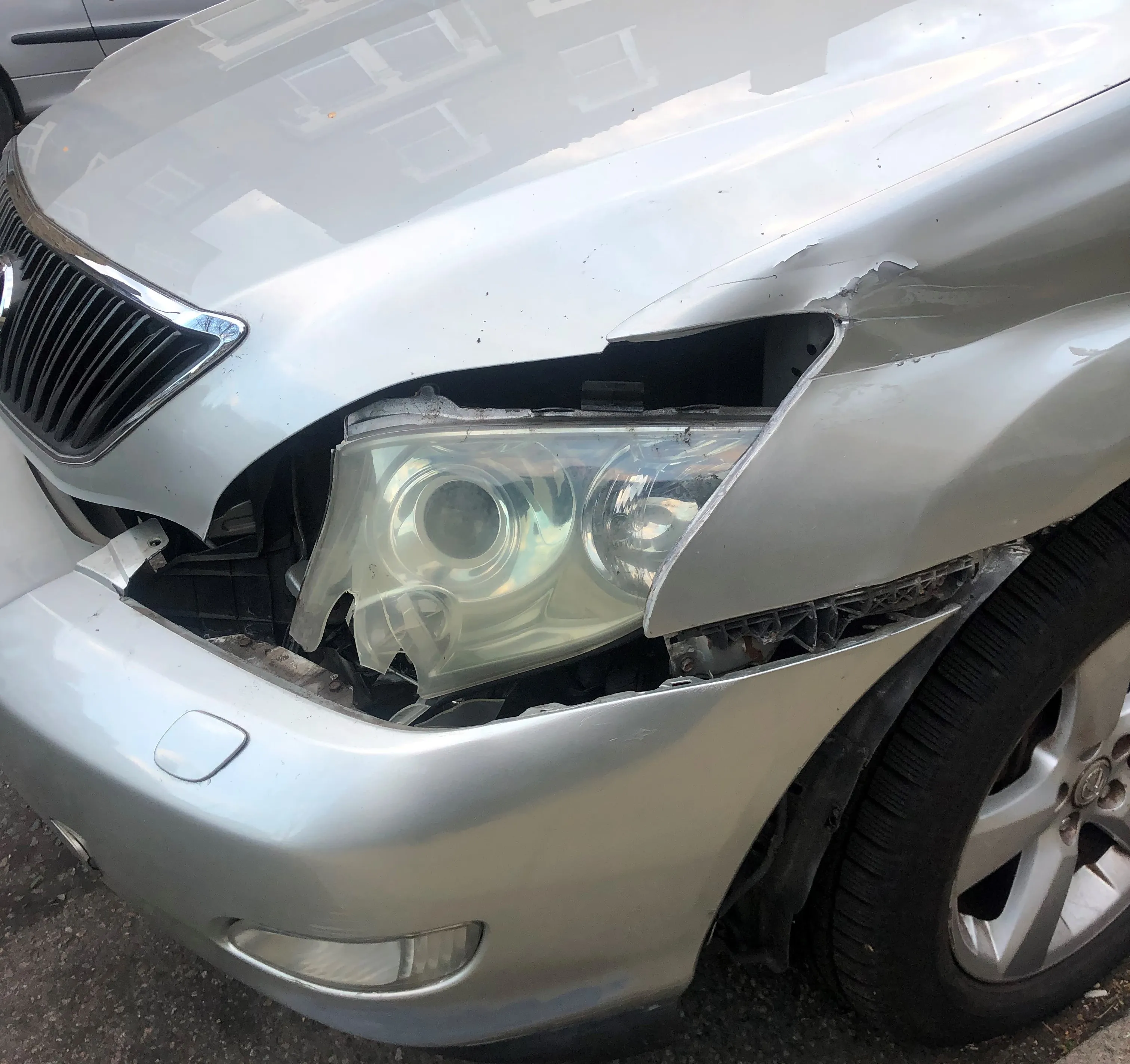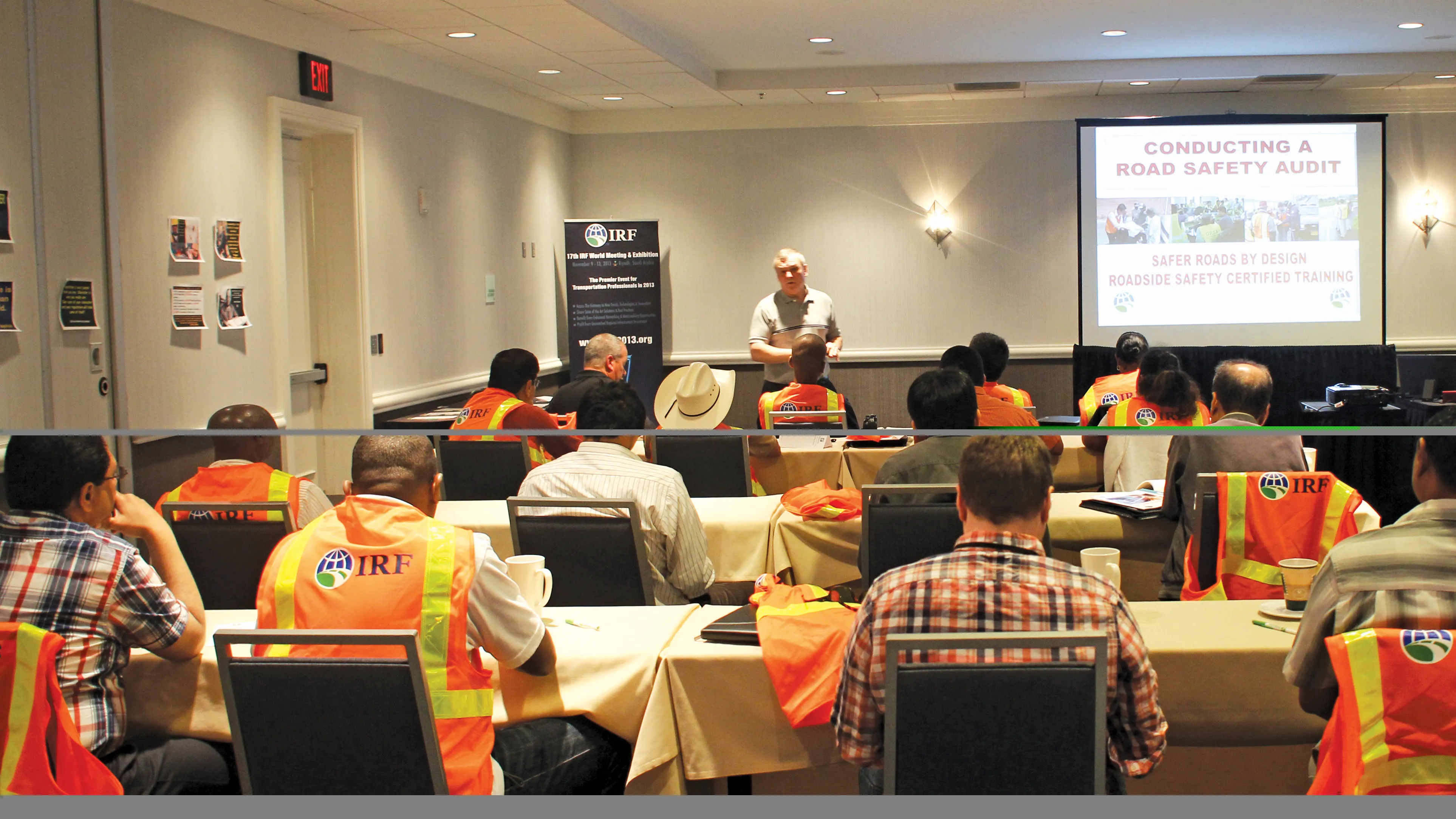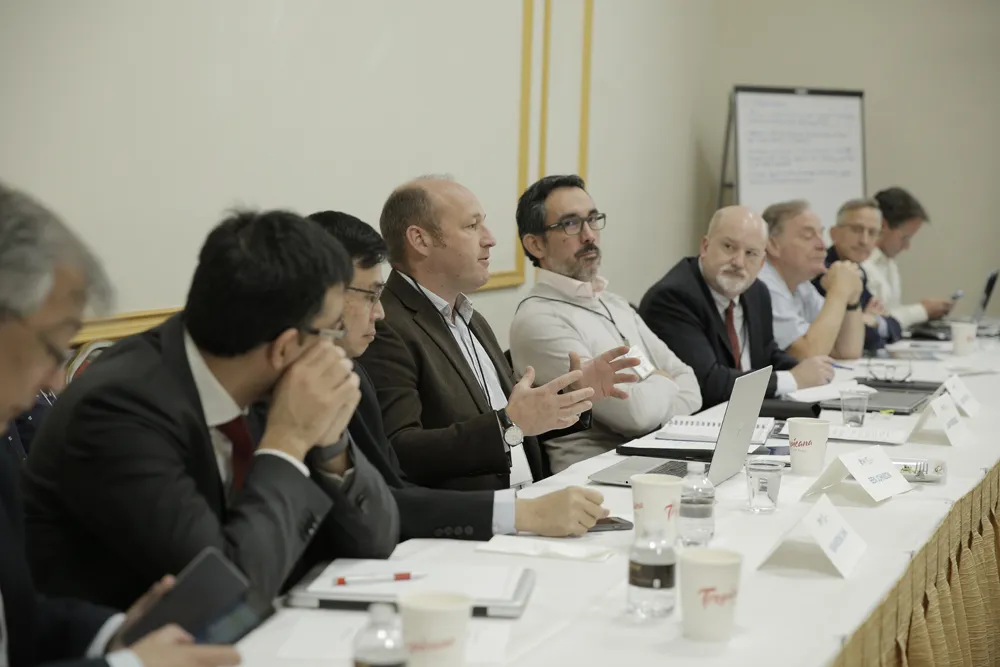
There remains a very large gap between the world’s infrastructure needs to meet population and economic growth, and the public sector’s ability to procure commensurate funding. In the road sector, major consulting house McKinsey estimates investments need to be US$900 billion/year to keep pace with projected growth while current levels of investments fall short of this figure by $180 billion globally.
Private finance is increasingly perceived as one of the main levers to narrow this gap and meet the world’s funding needs. The good news is that there are significant pools of private money available that can be invested in road infrastructure through Public Private Partnerships (PPPs). A well-structured and viable road PPP project should give investors a steady, safe return over a long period of time which is exactly the type of investment these funds need.
The bad news is that PPPs, while seemingly a perfect fit for the road sector, have not always been able to take hold around the world for many reasons, most of which are due to lack of preparation and unrealistic expectations on the government side. Establishing a pipeline of viable PPP projects and preparing these individually for bidding takes time and requires for the portfolio of projects to be large enough to attract private investment: PPPs are very expensive endeavours to bid on, and the investors need to know that there will be multiple viable opportunities over time. A second equally important factor is the lack of proper risk transfer. Too often governments think that PPPs automatically mean all the risk should be transferred to the private sector all the time. Unfortunately, while the private sector can absorb most of the project risk, usually that means they will price that risk accordingly and potentially good projects can become bad projects or unviable projects very quickly.
Failed and poorly prepared projects can have a negative and lasting impact that discourages investment in PPP for years. Thus it is necessary especially in the beginning of the PPP journey to pick the best projects first and to spend the time preparing them accordingly. Successful projects will help build investor confidence and create more investment.
Enhancing PPP performance globally, and the skills of professionals running these programmes, is of paramount importance for future road sector development.
In August 2017, the IRF joined an elite group of continuing education providers accredited to administer the Certified Public-Private Partnership Professional (CP3P) credential. The aim was to deliver a global certificate recognised by leading institutions such as the World Bank Group, the Asian Development Bank, the European Bank for Reconstruction and Development, the Inter-American Development Bank, among others.
Since its launch, CP3P courses has been delivered by the IRF to over 100 road and transportation professionals on four continents, and is now one the most sought-after certificates offered by the IRF.
"The CP3P accreditation is a notable achievement and a great enhancement to IRF’s portfolio of executive education services" according to IRF vice president for International Programmes Magid Elabyad. "Road professionals certified under the CP3P program can showcase to their peers and clients that their skills are aligned with international best practice."
“There is still a long way to go to leverage private investment in roads and other modes of transport,” noted Eric Cook, lead PPP instructor at IRF. “I am optimistic that with investments in training and education, governments can leverage PPPs to meet their infrastructure needs and spur a new wave of economic growth.
“We design our PPP courses to provide a well-rounded and memorable experience for our attendees. In addition to covering foundational theory and case studies, delegates interact with multiple guest speakers from industry and test their technical skills with individual and group exercises. It is enlightening when we take a moment in our workshop to focus our collective energies into working an issue that an individual attendee has on one of their projects,” Cook added.
In June 2020, IRF will take this programme one step further with the first online delivery of the CP3P accreditation. Road professionals worldwide will now have the opportunity to achieve this prestigious certification from the comfort and safety of their home or office.









